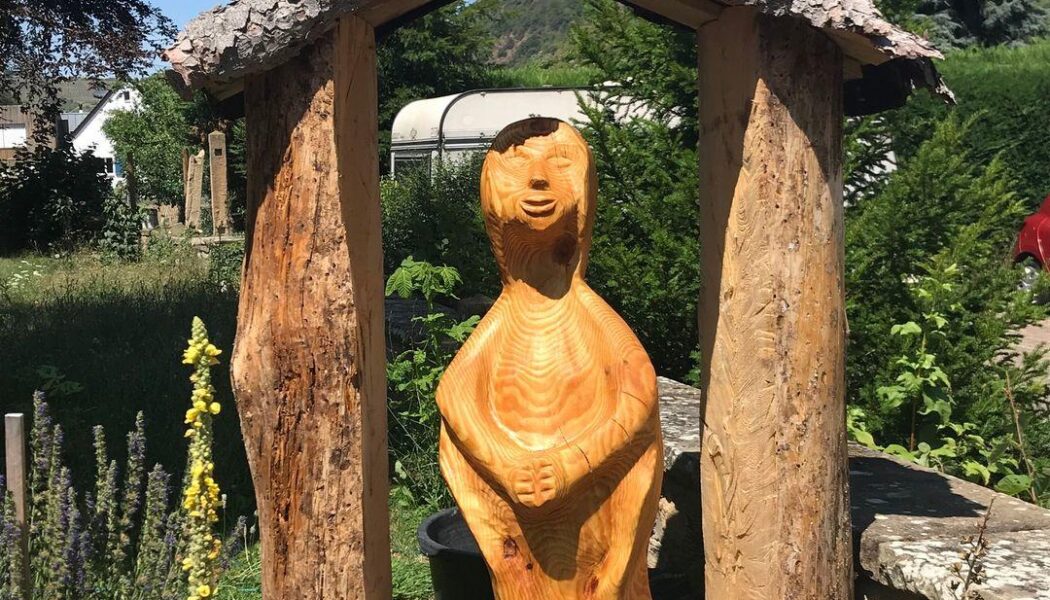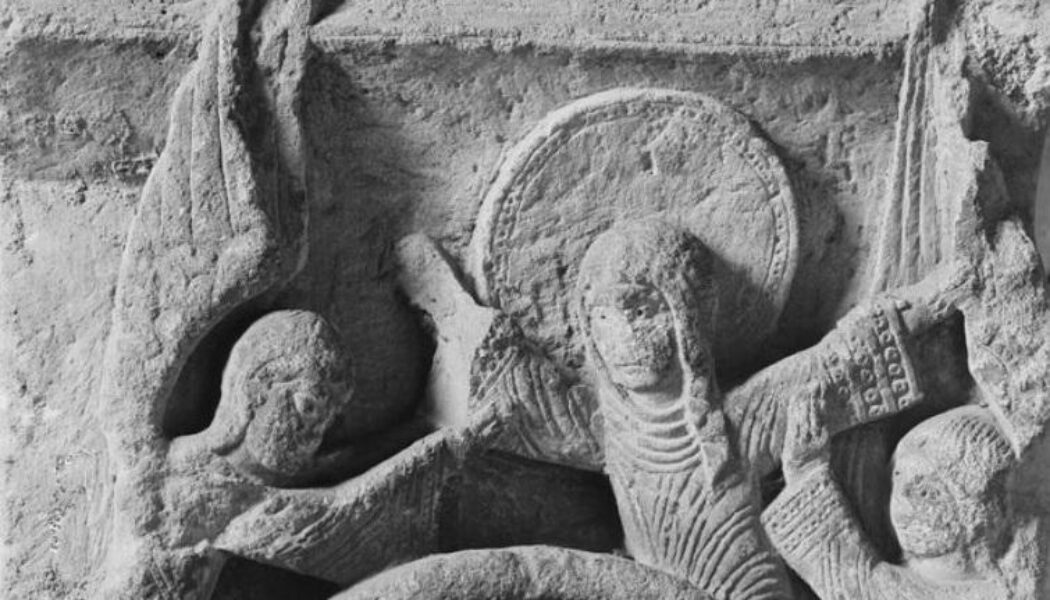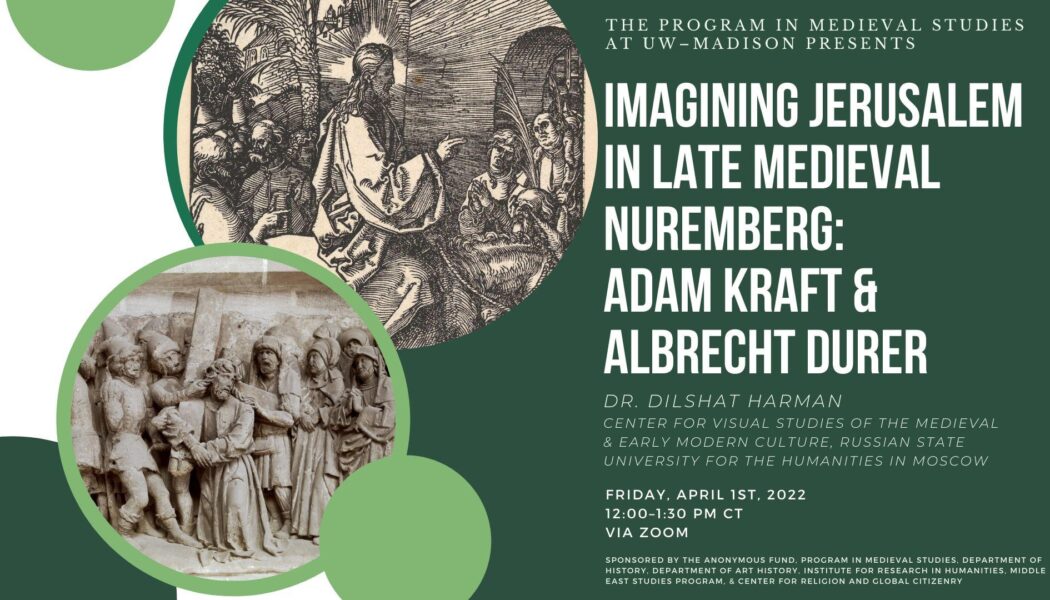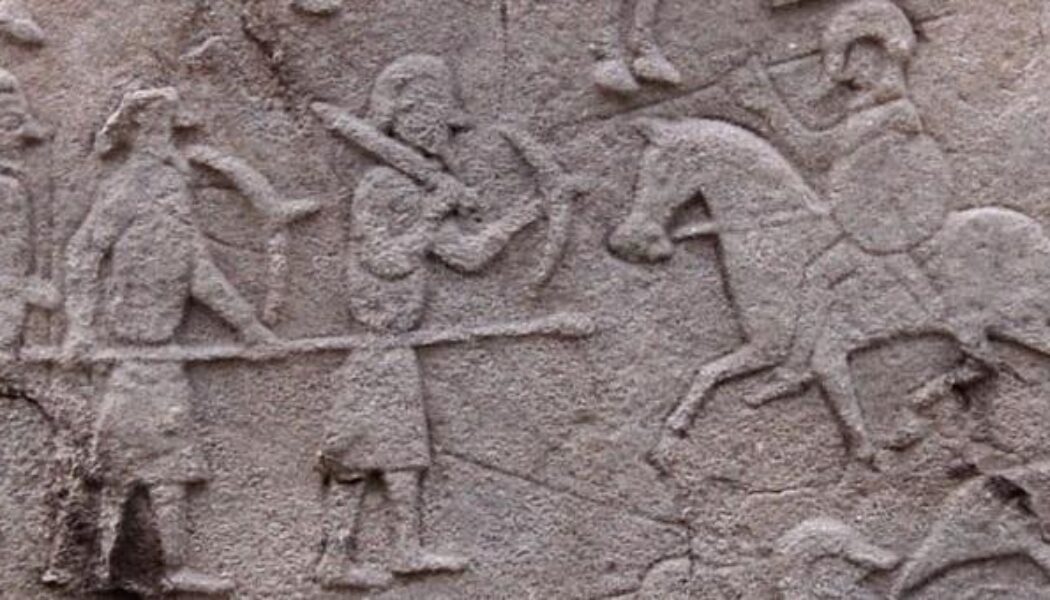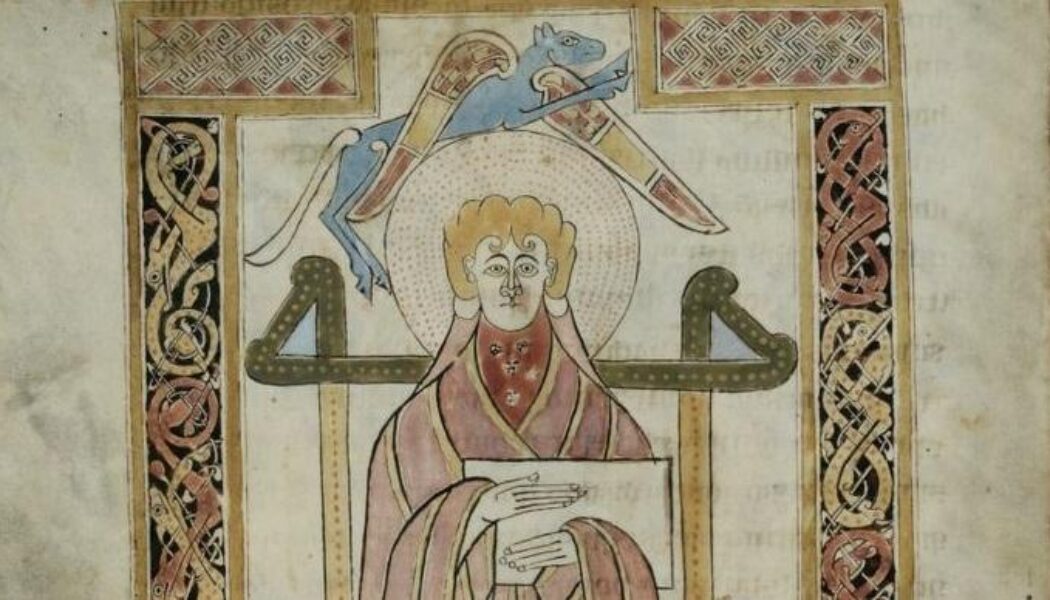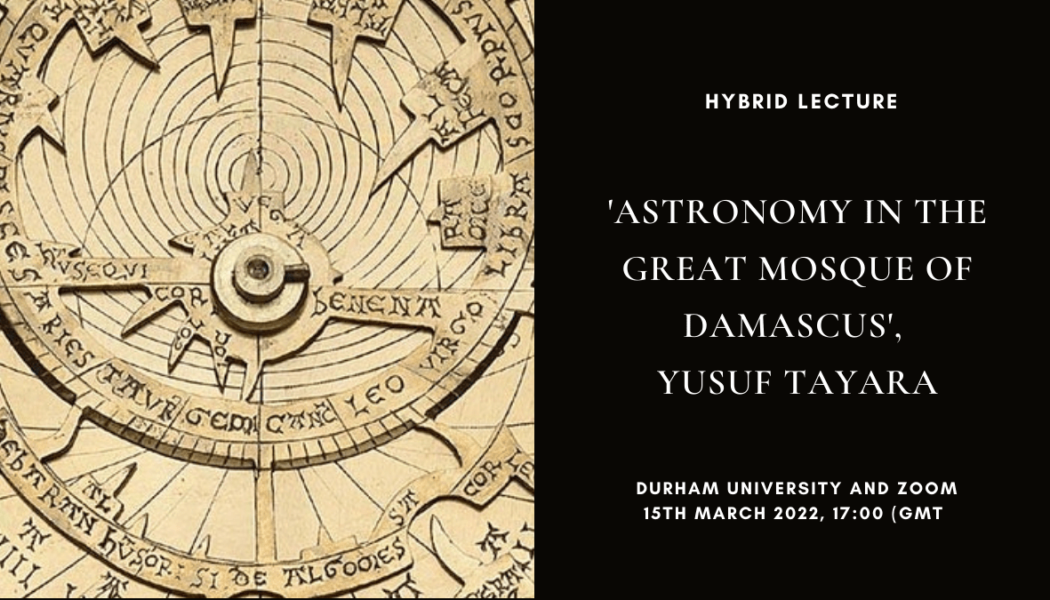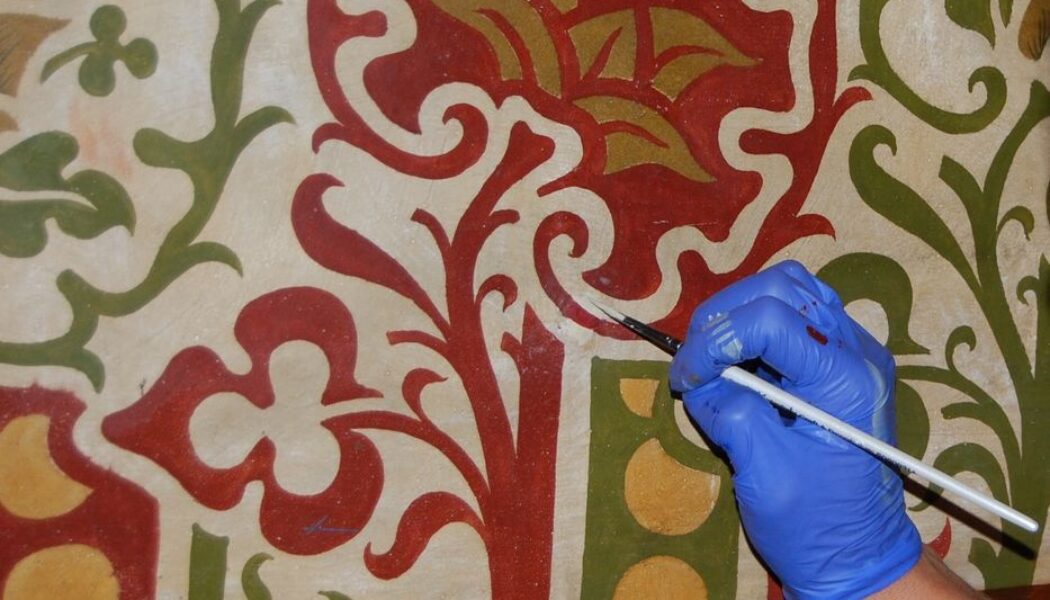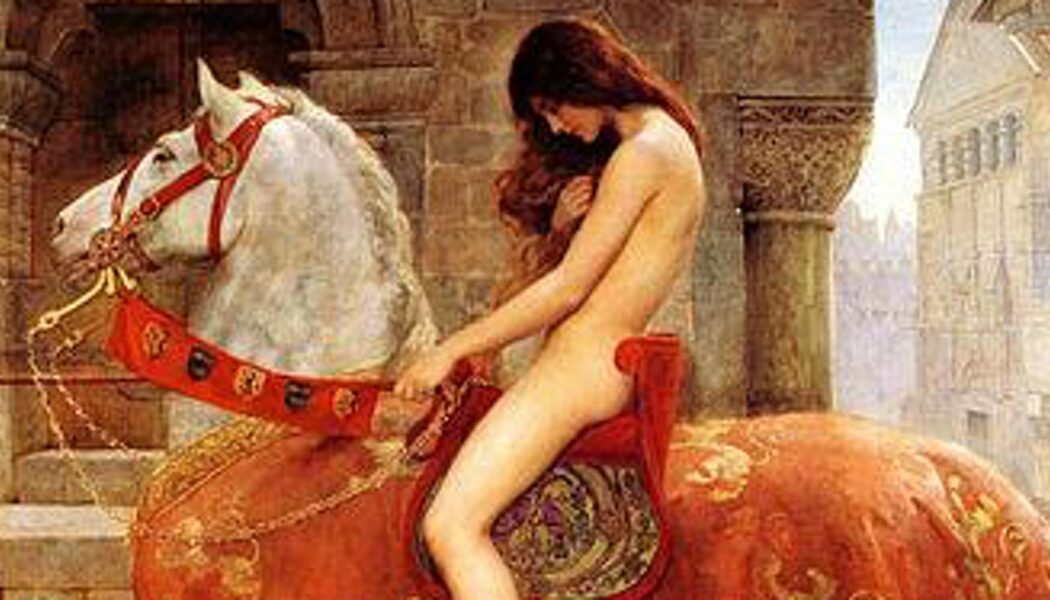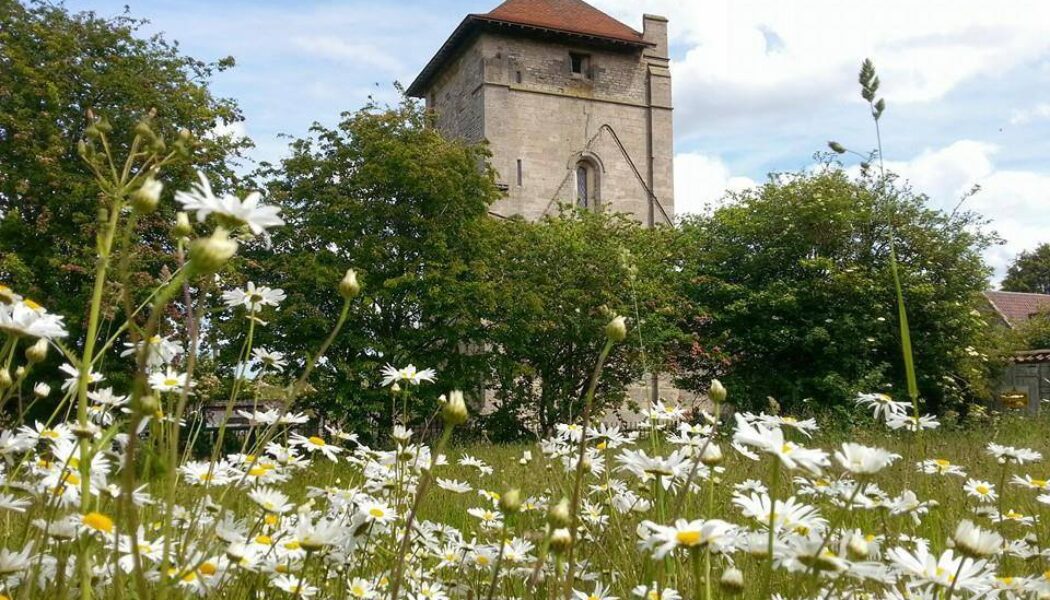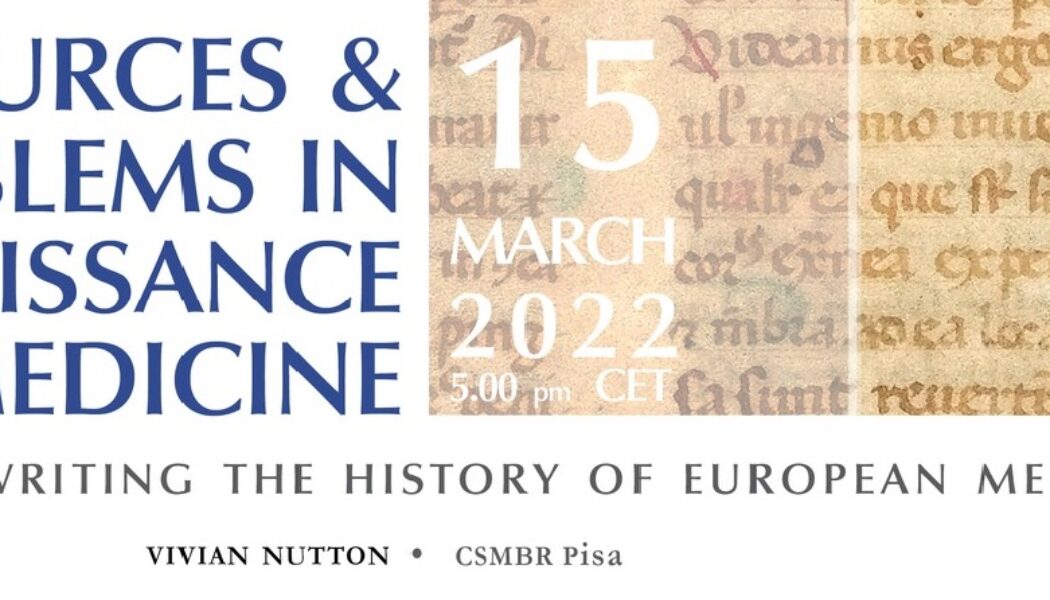online
Hildegard of Bingen: Medieval Herbalist (3-week series)
You are invited to join us for this three-part series exploring some of the herbal remedies recorded by Hildegard of Bingen, a 12th century German Benedictine Herbalist and Natural Healer. We will be using excerpts from her great works, Physica and Causes and Cures.
Hildegard of Bingen: Medieval Herbalist (3-week series)
You are invited to join us for this three-part series exploring some of the herbal remedies recorded by Hildegard of Bingen, a 12th century German Benedictine Herbalist and Natural Healer. We will be using excerpts from her great works, Physica and Causes and Cures.
Hildegard of Bingen: Medieval Herbalist (3-week series)
You are invited to join us for this three-part series exploring some of the herbal remedies recorded by Hildegard of Bingen, a 12th century German Benedictine Herbalist and Natural Healer. We will be using excerpts from her great works, Physica and Causes and Cures.
The Guest of the Body: Visualizing Souls in Medieval Europe, 1100-1200
This talk looks at a series of medieval images, particularly funerary monuments, that reflect on the departure of the soul and emphasize its fraught relationship to the body that is left behind, and to which it shall return.
Imagining Jerusalem in Late Medieval Nuremberg: Adam Kraft & Albrecht Durer – Lecture
Recent research shows that imagining Jerusalem played a crucial part in many late medieval devotional practices – virtual pilgrimages to Jerusalem, reconstructions of its topography and sacred places in European cities, visualizations of one’s own city as Jerusalem.
The Battle of Nechtansmere Webinar – Ecgfrith of Northumbria vs. the Picts
In this webinar, we will look at records of the battle, the arguments for its location, and the historical background that makes it such a significant event in early medieval insular history.
Early Medieval Celtic Saints Webinar
Join us for a look at some of the holy people of the Celtic lands in the early medieval period. Ranging from famous Irish saints Patrick and Brigid through some better-known Scottish and Welsh saints to saints known for their work in Cornwall and Brittany, we will consider the life stories, achievements and cult followings of the individuals. We will also look at artefacts associated with them.
Astronomy in the Great Mosque of Damascus: Towards a Social History of Mamluk Astronomy
Join us at the Institute of Medieval and Early Modern Studies, Durham University, 7 Owengate, Durham, DH1 3HB, on March 15 at 5:00 p.m. to hear Yusuf Tayara of the Oxford University History Department present his research on ‘Astronomy in the Great Mosque of Damascus: Towards a Social History of Mamluk Astronomy’.
From Medieval Altarpieces to David Parr House: My Journey in the Conservation of Paintings
Join us for this talk where Mary Kempski will take you on a fascinating conservation journey, from the earliest Medieval Altarpiece created in England in 1275, to the 19th century and David Parr House in Cambridge.
Lincolnshire’s Medieval Heroines – Online Talk
Turning the spotlight on four amazing Medieval women with strong ties to Lincolnshire. The legendary Lady Godiva, the indomitable Nicholaa de la Haye, heiress Alice de Lacy and Katherine Swynford, the mistress who became a royal duchess. Sharon Bennett Connolly will look at the impact of these women, not only on the history of the county, but also on the history of England.
Viking Lincolnshire – How the fearsome Vikings shaped Lincs ONLINE TALK
Join us for an online talk to discover all about how the fearsome Vikings shaped Lincolnshire at 7pm on Wednesday 13th July.
SOURCES & PROBLEMS IN RENAISSANCE MEDICINE. Rewriting the History of European Medicine
This lecture explains the rationale behind the new survey of history in the period, which relies on a wide range of primary and unfamiliar texts drawn from across Europe from Moldavia to Portugal. It considers the consequences for medicine of the opening up of Europe to the wider world, as well as the results of the ever-hardening religious divide, including the fate of Arabic medicine in Iberia.

